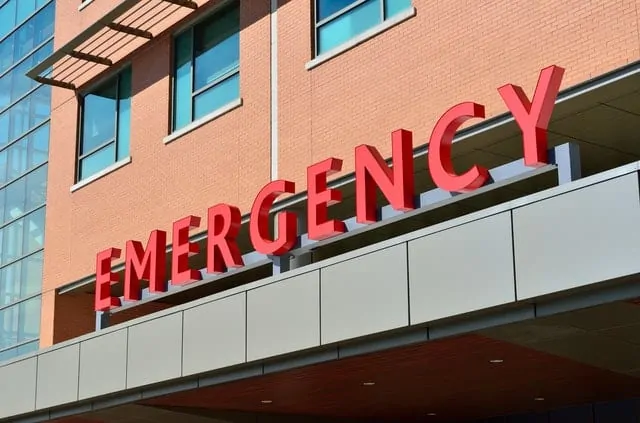Dental emergencies can be scary and painful. Most often, these emergencies are a result of an unexpected accident, but other times they can be avoided by taking certain preventive measures. Join your dentist in McMinnville as we share some easy ways you can reduce your risk of a dental emergency.
- Don’t Chew on Anything That’s Not Food. Our teeth are meant to help us chew and digest our food. But that doesn’t mean we should chew on non-food items. Nibbling on pen caps, pencils, fingernails, or other foreign objects can increase your risk of chipping or cracking a tooth, breaking a tooth, or injuring the soft tissues in your mouth. If it’s not food, keep it out of your mouth.
- Be Careful With the Food You Chew. So, even though we talked about how your teeth are specifically designed to help us chew our food, some foods can also increase the risk of tooth damage. Be careful when snacking on popcorn, hard fruits or vegetables, and even nuts. These foods are tough to chew, and if you catch a popcorn kernel or bite into a tough nut when you’re not expecting it, you can easily crack or chip a tooth or dental restoration. Lastly, avoid crunching on ice cubes. These frozen blocks are notorious for creating chips, cracks, and fractures in teeth.
- Choose Water. Water is the best beverage to both hydrate our bodies and to keep our oral health in tip-top shape. Other beverages such as soft drinks, fruit juices, and sports drinks may seem refreshing, but they are packed with sugar and acid. These two ingredients are a particularly bad combination for your teeth as they can both contribute to decay and weakened enamel.
- Avoid Tobacco. All forms of tobacco, including cigarettes, cigars, and chewing tobacco damage teeth and can not only increase the likelihood of experiencing a dental emergency, but they can also cause long-term, serious complications to both your oral health and overall health. Tobacco users tend to be at greater risk of oral cancer, gum disease, and even tooth loss.
- Limit Your Snack Times. Snacking can be good for you, but constantly snacking can be dangerous to your oral health. When we snack multiple times throughout the day, we’re continuously introducing food particles into our mouths. Why is this concerning to your dentist in McMinnville? Well, more food particles in your mouth mean more bacteria. And a constant stream of foodstuffs regularly fuels the bacteria and keeps them active. As a result, the bacteria are constantly releasing an acidic byproduct, increasing your risk of decay and cavities.
Following the tips above won’t guarantee the prevention of a dental emergency, but they can help lower the risk and keep your mouth healthy. Of course, making sure to follow a strict oral hygiene routine at home is also important to protect your smile. Brushing twice a day, floss once a day, and see your dentist in McMinnville regularly.*
If you think you may have a dental emergency, call your dentist to determine the best course of action for your specific needs.
*At the time of publishing, the ADA has recommended the postponement of all preventive dental appointments. Please check your local recommendations.
